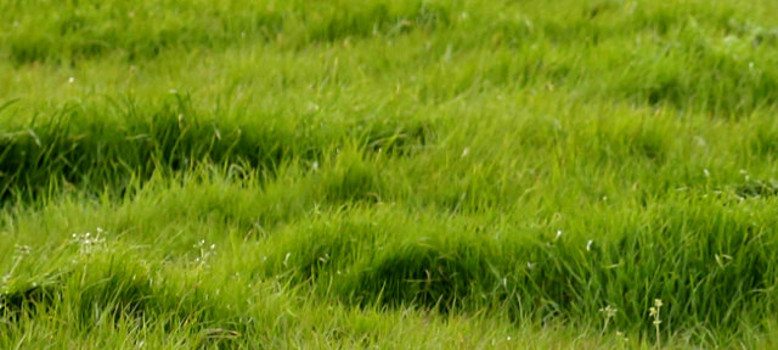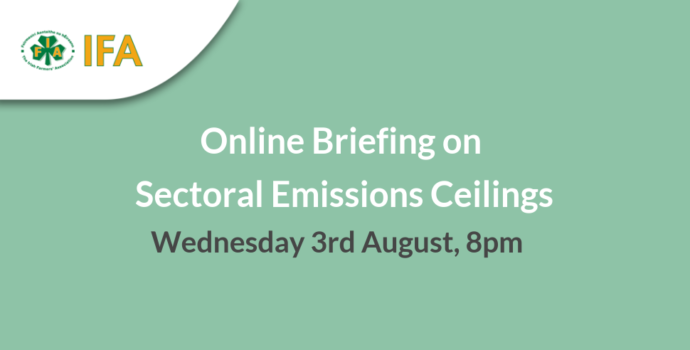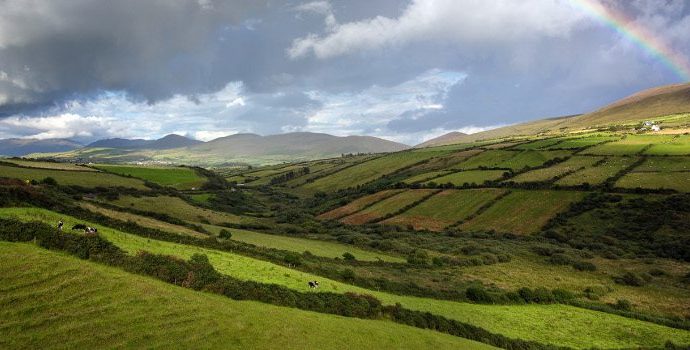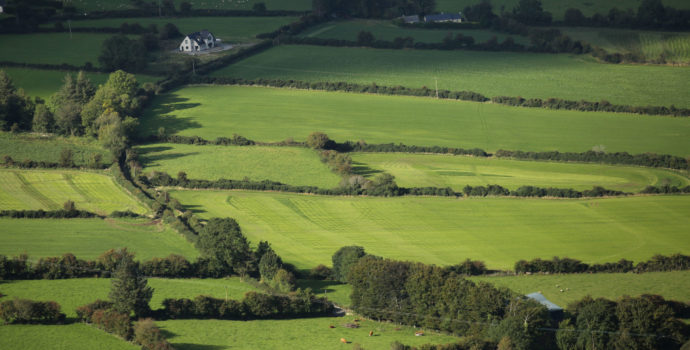Proposed Methane Reduction Target Will Hit Jobs and Output Without Viable Alternatives

IFA Environment Chairman Thomas Cooney has described proposals by Fine Gael to introduce methane reduction targets as damaging to Ireland’s rural economy and global climate emissions, unless a well-funded climate action strategy is introduced for the sector.
He said, “Farmers are tired of being kicked around and scapegoated when it comes to climate action. The fact is transport remains Ireland’s biggest climate problem, not livestock. Climate emissions from transport have increased by 137% since 1990, while emissions associated with farming have only increased by 1%”.
Regarding proposals to introduce methane reduction targets, Thomas Cooney called for better science rather than unachievable targets. “Methane is a short-lived gas, which lasts about 12 years in the atmosphere. Yet it is being benchmarked and wrongly compared to carbon dioxide, which can last up to 200 years in the atmosphere”.
Before targets are proposed we need to ensure the short lifecycle of methane is more accurately reflected in the climate figures. Regardless, the reality is that neither the science nor the technology exists to allow farmers to reduce methane, without cutting production. This means any call to cut methane will target Ireland’s largest indigenous sector. The agri-food sector employs over 300,000 people across every parish in Ireland and exports over €12.1bn. These exports have grown by almost €5bn over the past decade. It’s time we move beyond targets to a clear climate delivery strategy, which improves farm level profitability, increases economic activity in rural areas and reduces environmental impact.”
Crude climate targets must be replaced with a climate action programme, which includes the following key actions:
- An increase in the Common Agricultural Policy budget, to take account of inflation and to fully compensate farmers for any additional requirements placed upon them as a result of CAP reform or measures proposed in the EU’s Green Deal.
- The introduction of a biomass development programme, which would displace electricity generated from peat and coal. This would eliminate 64% of greenhouse gasses created when generating electricity.
- The re-opening of the Green Low Carbon Agri-Environment Scheme.
- The announcement of a zero-carbon electricity tariff for farm based renewable projects. This should be used over time to displace electricity production from gas, which accounts for 35% of greenhouse gasses emitted when generating electricity.
- Funding for the development of farm and community scale anaerobic digestors, to convert animal manures and food waste into bio-methane. This will reduce fossil fuel use in energy generation, greenhouse gas emissions and the import of mineral fertilisers.
- The scaling up of on-farm emission reduction programmes identified in the National Mitigation Plan, such as Smart Farming, Origin Green and the Carbon Navigator.
- A full review of forestry policy to remove barriers to planting, these include relaxation of replanting obligations and removal of arbitrary restrictions on unenclosed land. Planting in 2019 was 50% below the target set out in the Climate Action Plan.
- A coherent and fully funded strategy for the development of a viable horticulture and arable sector.
Concluding, Thomas Cooney said, “Ireland will this year spend millions of euros buying carbon credits to comply with EU 2020 targets. This expenditure represents a failure to invest in the future proofing of our rural communities. IFA is seeking the full delivery of these proposed measures to begin the process of climate proofing our rural economy”.



